AFTER being out of the spotlight for a large part of the last decade, Bobby Deol has reignited his career with incendiary roles that have burned brightly on diverse streaming platforms.
These have included explosive Netflix film Class Of 83 and two seasons of Prakash Jha’s controversial streaming show Aashram on the MX Player OTT platform. His most recent unpredictable turn has been as the antagonist in Red Chillies Entertainment’s film Love Hostel, opposite rapidly rising stars Sanya Malhotra and Vikrant Massey.
Eastern Eye caught up with the gifted actor just before the film’s recent premiere on
streaming site ZEE5. Deol spoke about his villainous role in the Shankar Raman-directed Love Hostel and the added intensity in his recent performances. He also shared updates on his forthcoming projects Penthouse, Animal, and Apne 2.
The trailer of Love Hostel has received a positive response from the audience. How excited or nervous are you ahead of the film being released?
I am always nervous and excited about the release. The audience’s response to the trailer has been very encouraging. It has been amazing. People have enjoyed it. They have liked my look, they have loved the way I have spoken the language, and that is so important because to get that language right and speak it as perfectly as I could was tough. People have liked that, so I am very excited. And people have
enjoyed Sanya and Vikrant in the promo. So fingers crossed, and let’s see what happens.
What can you tell us about the film?
I cannot really talk much about Love Hostel besides that, you know. It is about two lovers on the run and their family hires Dagar, my character, to catch them. That’s what the story is about. That’s exactly what you saw in the promo.
Tell us more about your character?
It is a very intense character in the sense that Dagar is someone who has been through some incidents in life, and has become very ruthless after that. He has become a believer of his own right and wrong. His beliefs are so strong that he thinks whatever he is doing is the right thing. That’s why he is very cool, calm and composed. He does not get perturbed. He does not get anxious. He is just doing his job.
You are known for heroic roles, so what was it like playing a seemingly brutal villain?
I don’t know if you have seen Aashram – I was pretty brutal in that too. This is the second time that I am doing something negative. People loved me in Aashram. They accepted me. The show got a phenomenal response. People gave me so much love and appreciation for that. It is fun to do negative characters because there is a different feel when you are playing them. There is a whole new world when you feel emotions that you keep suppressed in yourself. You use them when you play those negative characters.
Tell us about that?
We are human beings, so we all have that dark side to us. We can be greedy, jealous, vicious and have evil thoughts, but we control them and become better people. So, when you are working and doing characters like that, you just let those emotions flow, and then you really feel the character.
This character was very well written by Shankar. The whole look and everything else was planned by him, like the unkept feel, thick beard and burn marks on his face – I used prosthetics for that, for the bent nose, grey hair, and the whole outfit.
So lots of things came together as a whole to create your character?
All these things played a big role in creating that whole character. And also, he eats tobacco. He has always got something in his mouth. So when I talk, you see my mouth move in a funny way. Even when he is walking, he will be chewing something. It gives another dimension to the character. It was very fun playing Dagar.
You have changed your look dramatically in your recent projects. Was that a conscious decision?
Well, it was according to what the character required. You have to look the part. When you are doing certain roles, you have to make yourself look that way. This is the new age of cinema. I feel OTT platforms have changed a lot of viewership. The mindset of the audience has changed a lot. Creatively, there is a lot of freedom. And a lot of actors are doing different kinds of characters. It is very nice to see this change.
If you could give your Love Hostel character any advice, what would it be?
(Laughs) I would have said to him, ‘aim properly and don’t miss every time you shoot’.
There seems to be an added intensity in your performances. Where is that coming from?
It is coming from within me. It is something that I always had –it is just that I never got the opportunity to express those emotions as an actor, playing different characters. Now, I am getting the kind of characters where I can use those emotions. That’s why people are noticing it now. They are accepting it now because it was very difficult to break away from what your image was earlier. But now people accept actors doing different kinds of characters. It is something nice that it is happening, you know.
What is your own favourite moment or scene from Love Hostel?
The favourite moment, I think, would be the first day when I was on the sets. I was very nervous because it was the first day and I had to speak in this Haryanvi accent and also chew tobacco, which got stuck in my mouth, and perform and talk. It was a completely new environment for me, new people around me. That is the moment I will always cherish because I was happy after I did the take. When I saw it on the monitor, I was like, ‘ok, I am getting the character’. So, that was a special moment.
Will you be exploring more really negative roles like this?
I don’t know. It is not like I am looking for only negative characters. I want to play good, interesting characters. Negative and positive depends on the role, but it has to be a good script.
How was it to work with Vikrant and Sanya?
It was great fun working with them. They are such dedicated and passionate actors. They have such a natural approach towards their work. I think when you see the promo, you do not see Vikrant and Sanya, but the characters they are playing. So, I think they are really awesome actors.
Was Love Hostel always planned to be a digital film?
(Smiles) That is a question you will have to ask the producers of the film.
Apart from Love Hostel, your fans are also waiting for your next release Penthouse, which marks your reunion with Abbas-Mustan. When can we expect that and can you tell us anything about your other projects?
Right now, I want to talk only about Love Hostel. But I don’t know when that project
(Penthouse) is coming out, but it was good to be working with Abbas-Mustan again. I have done so much work with them, so working with them again was fun.
I am doing a film called Animal which I will start shooting this year. It is directed by Sandeep Reddy Vanga, who is a great director. I am working with Ranbir Kapoor and Parineeti Chopra for the first time. I am working with Anil Kapoor again.
Then there is another project that I am working on – it is called Apne 2, which will have my nephew (Karan Deol) working with us. So, I am looking forward to all these projects.
There are reports that Apne 2 will be shot in London…
We have not decided anything as yet. The team is still working on the script.
Finally, how is the incredible growth of streaming platforms changing filmmaking and storytelling in India?
The OTT platforms have given everyone the liberty to be more creative. Stories that were never spoken about are being written and made into movies and web series. I think it is a great period for creative people.
Love Hostel is streaming on ZEE5

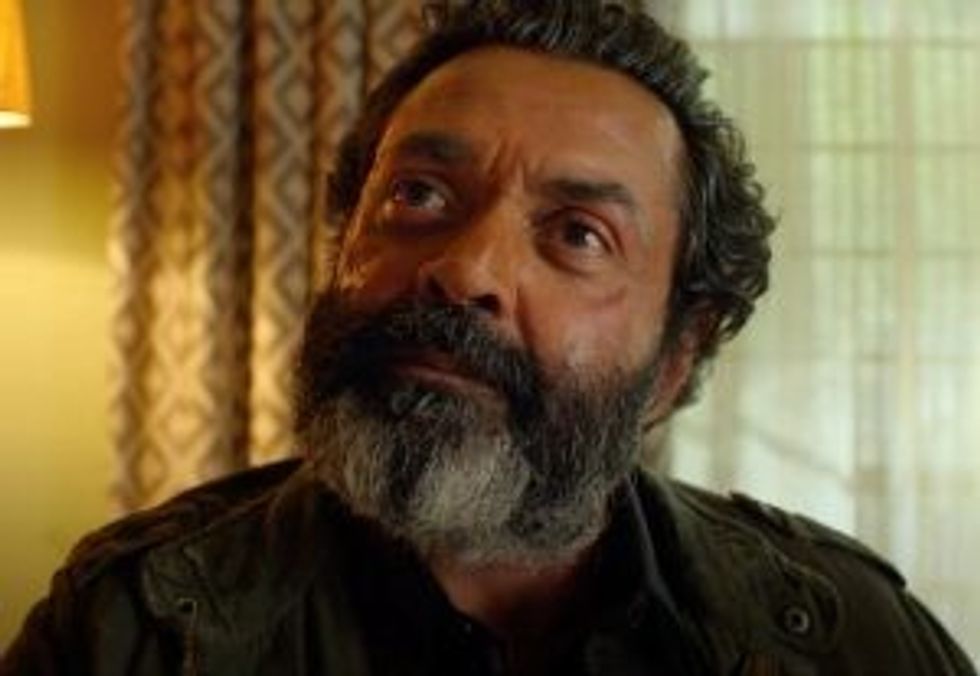
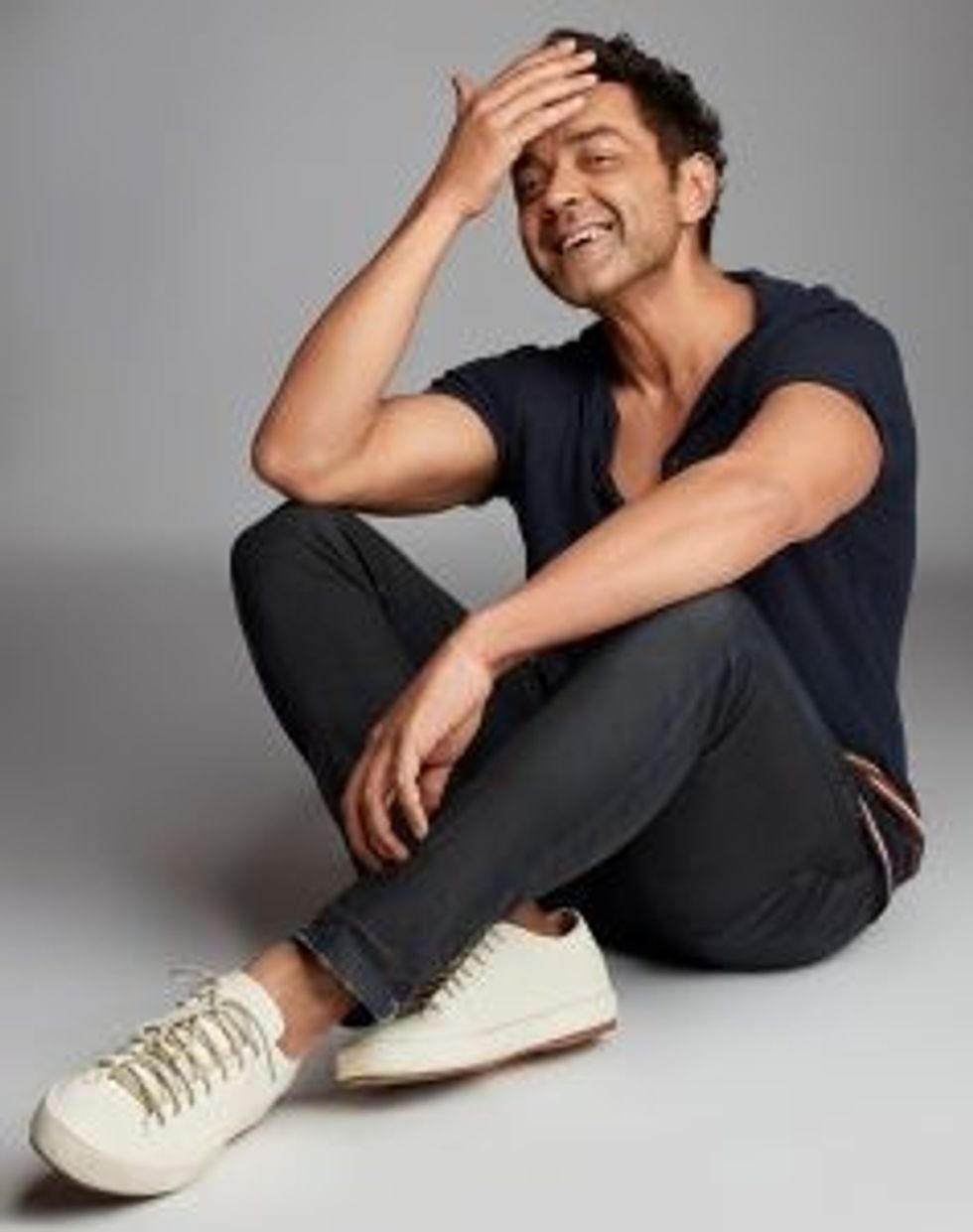
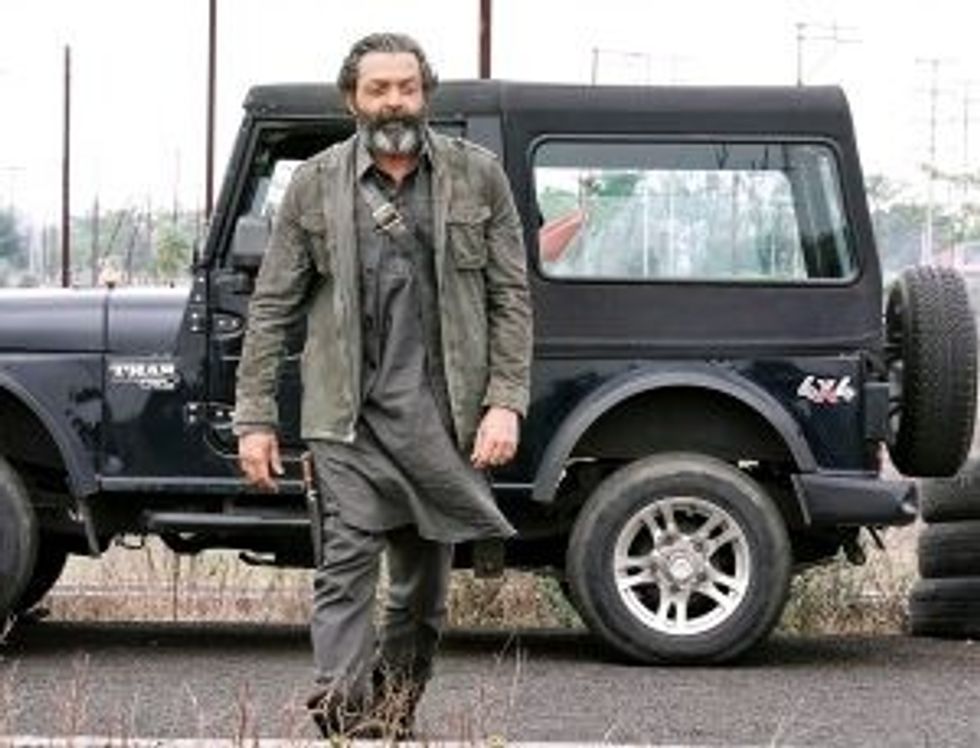





 Milli Bhatia
Milli Bhatia










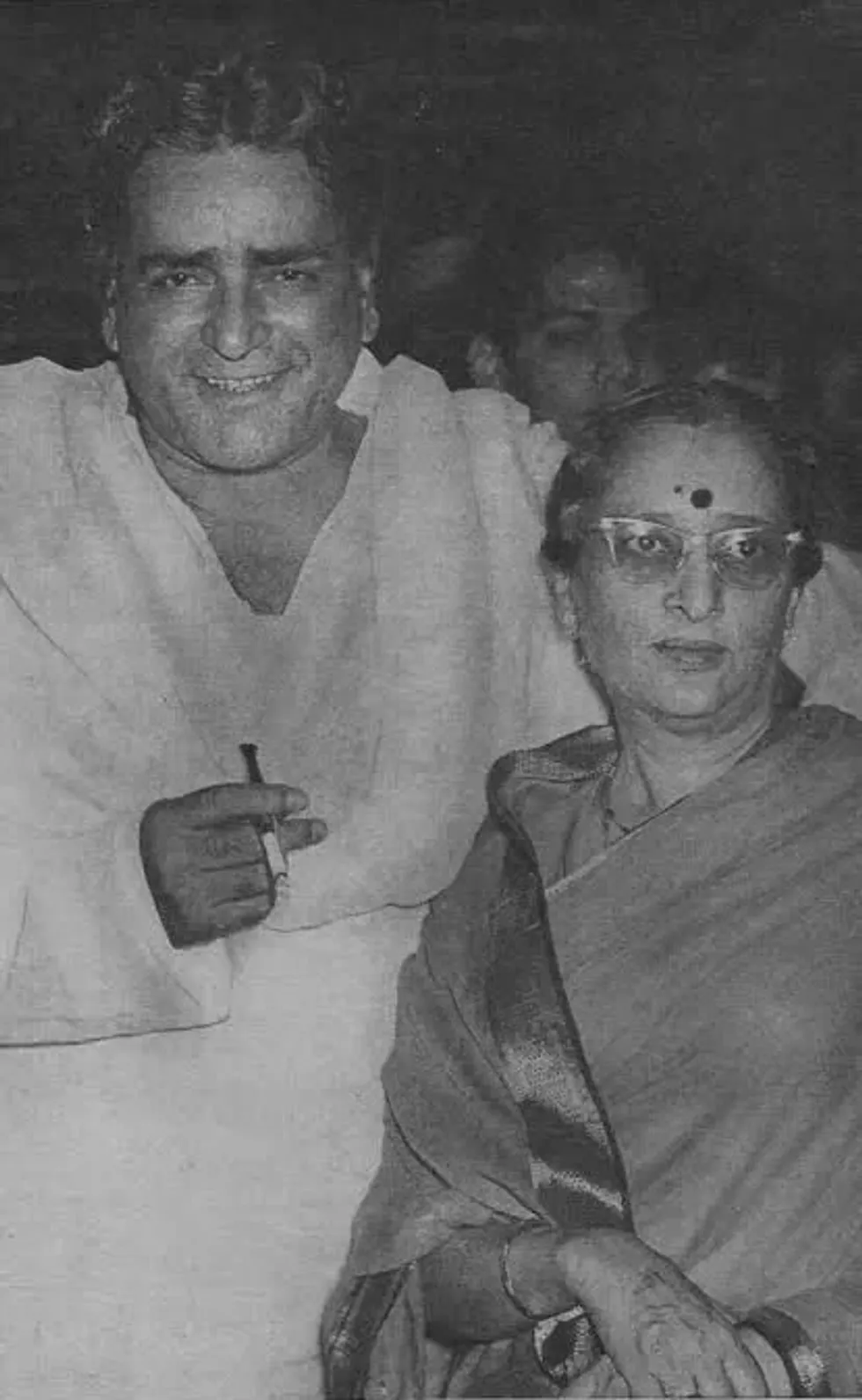 Prithviraj Kapoor and Ramsarni Mehra Reddit/ BollyBlindsNGossip
Prithviraj Kapoor and Ramsarni Mehra Reddit/ BollyBlindsNGossip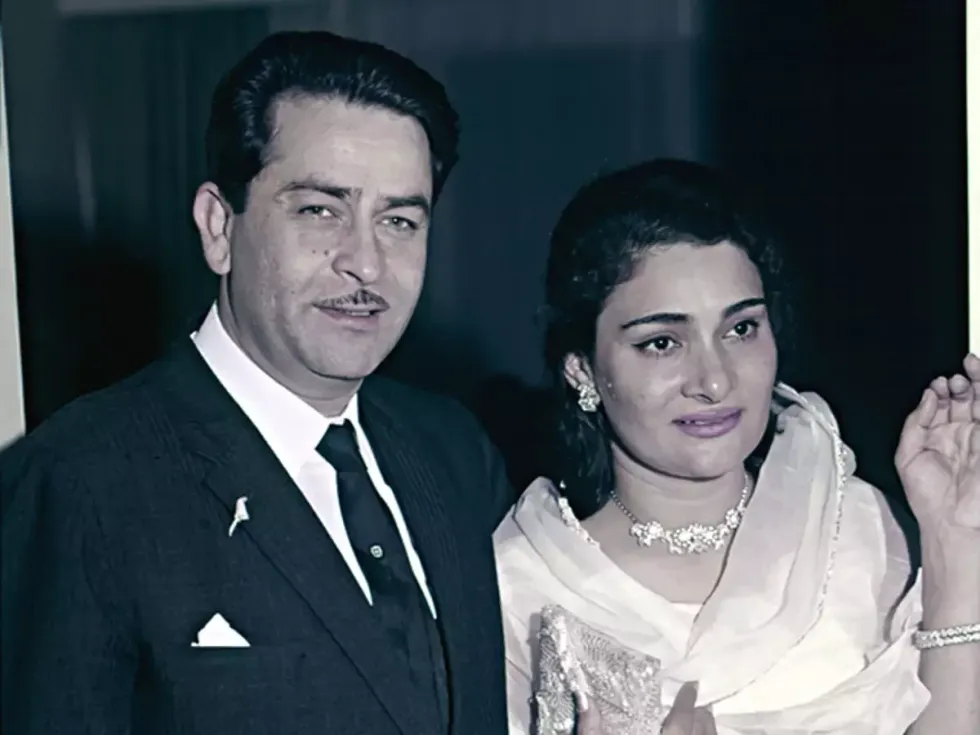 Raj Kapoor and Krishna MalhotraABP
Raj Kapoor and Krishna MalhotraABP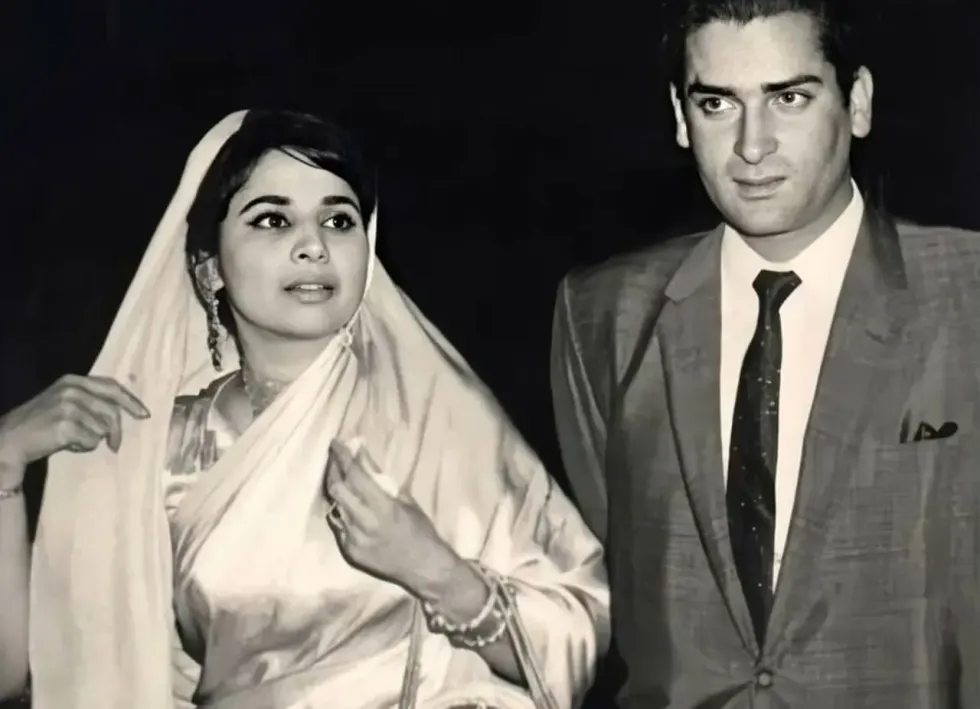 Geeta Bali and Shammi Kapoorapnaorg.com
Geeta Bali and Shammi Kapoorapnaorg.com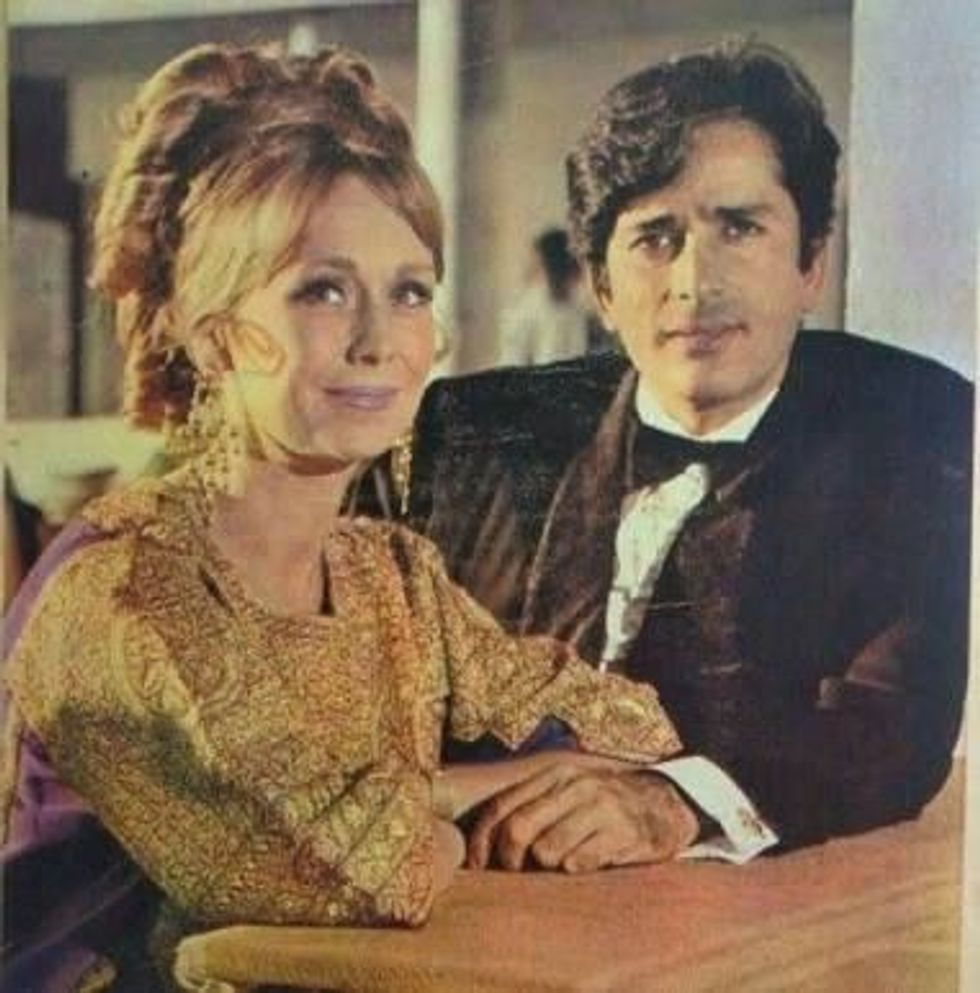 Jennifer Kendal and Shashi KapoorBollywoodShaadis
Jennifer Kendal and Shashi KapoorBollywoodShaadis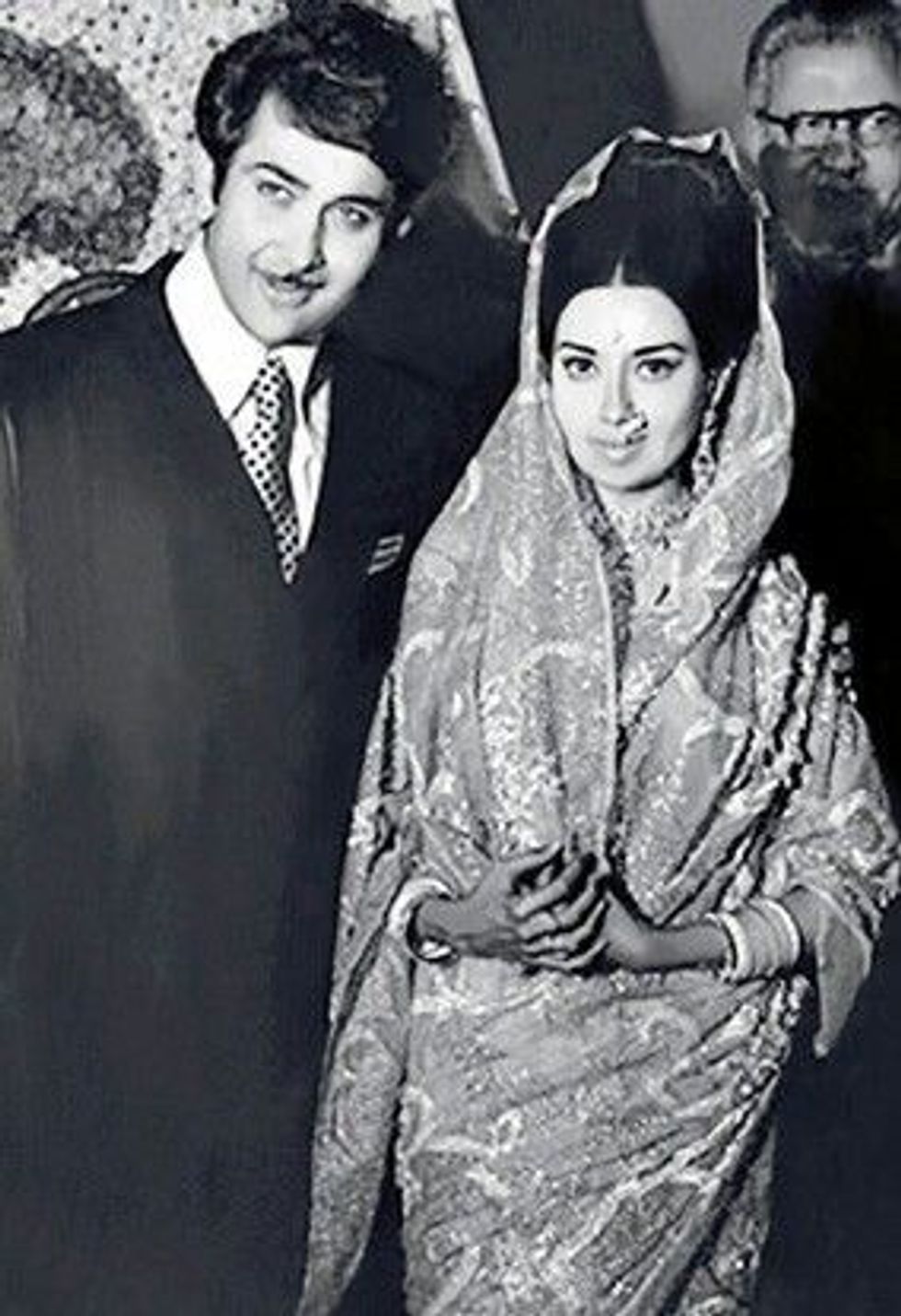 Randhir Kapoor and Babita BollywoodShaadis
Randhir Kapoor and Babita BollywoodShaadis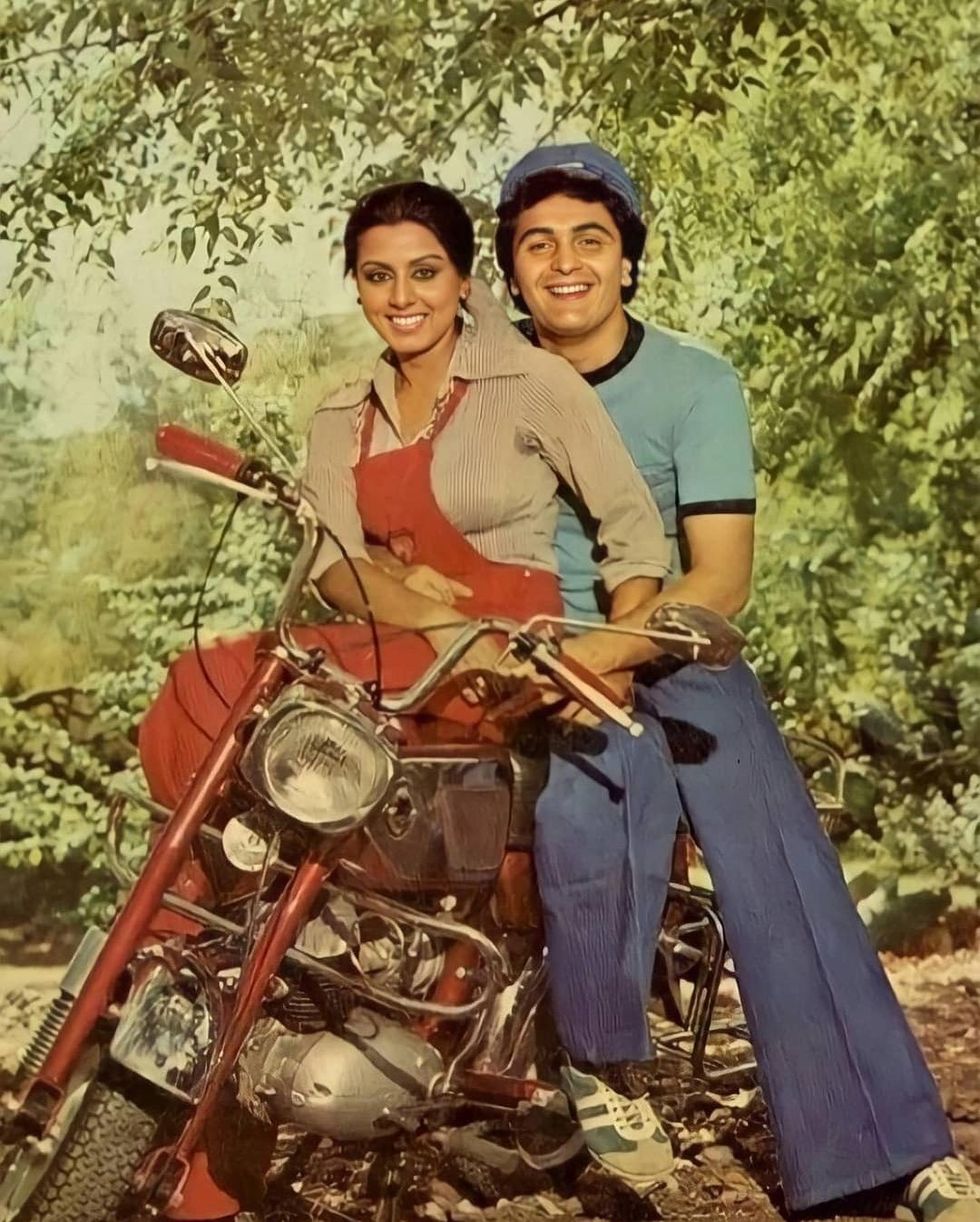 Neetu Singh and Rishi KapoorNews18
Neetu Singh and Rishi KapoorNews18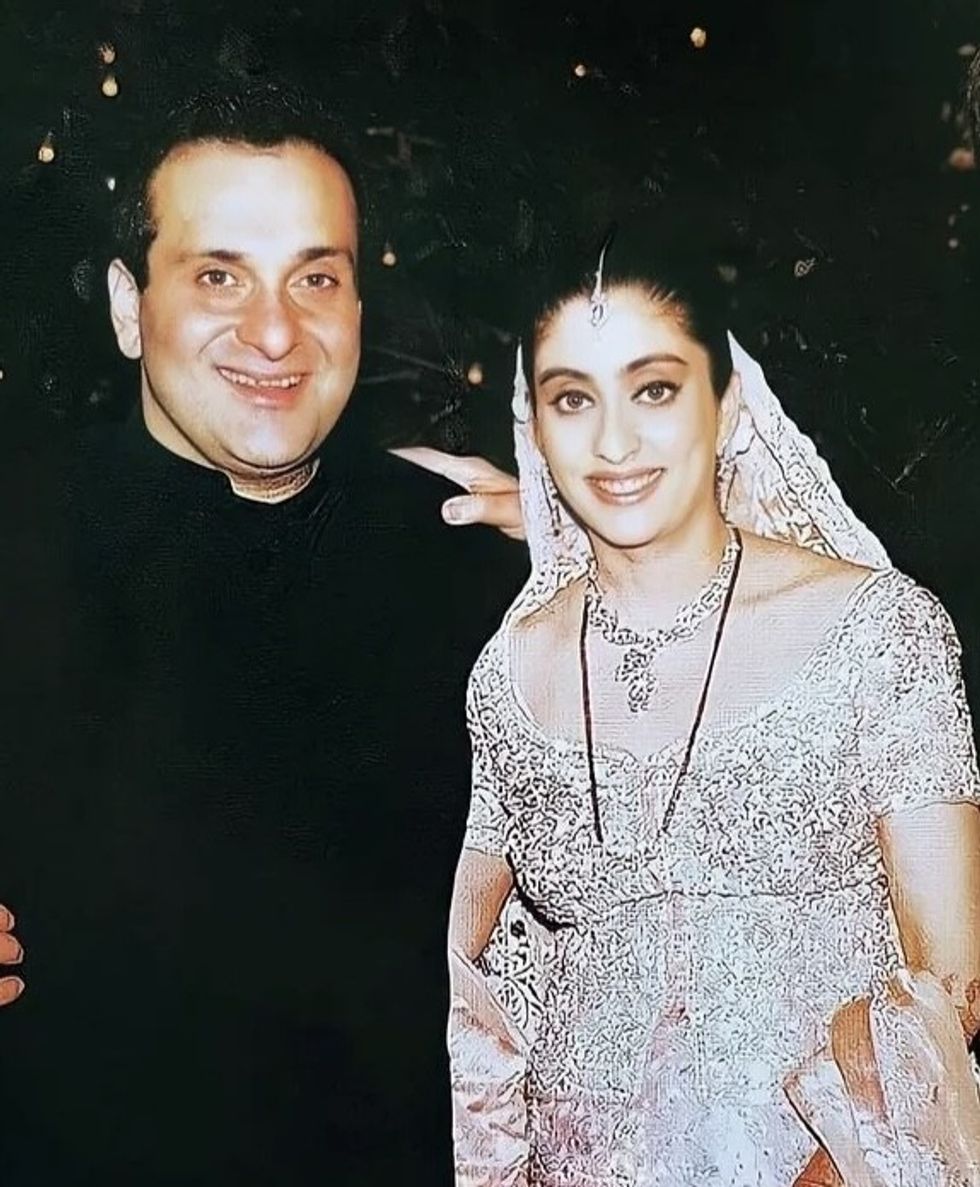 Rajiv Kapoor and Aarti Sabharwal Times Now Navbharat
Rajiv Kapoor and Aarti Sabharwal Times Now Navbharat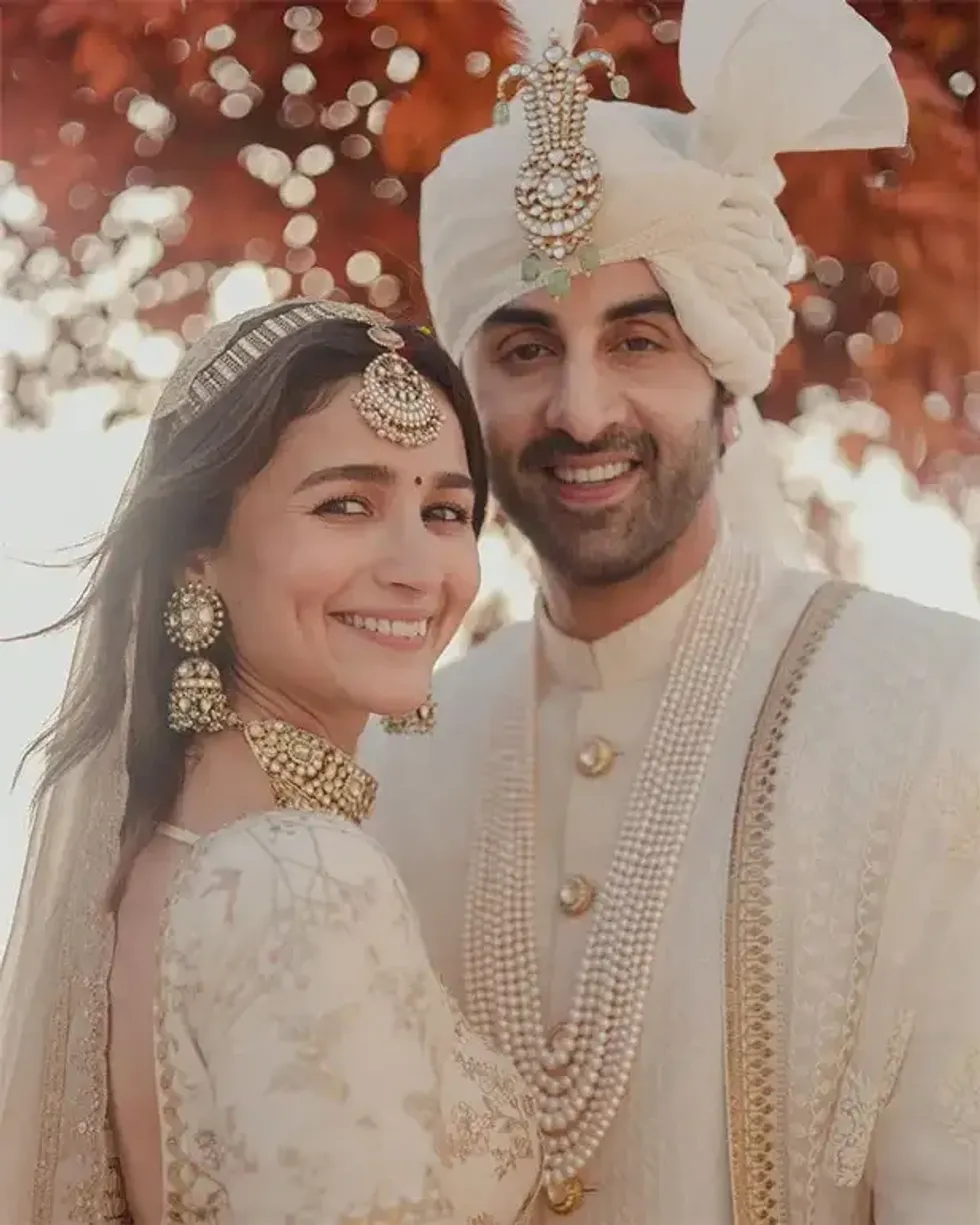 Alia Bhatt and Ranbir KapooInstagram/ aliaabhatt
Alia Bhatt and Ranbir KapooInstagram/ aliaabhatt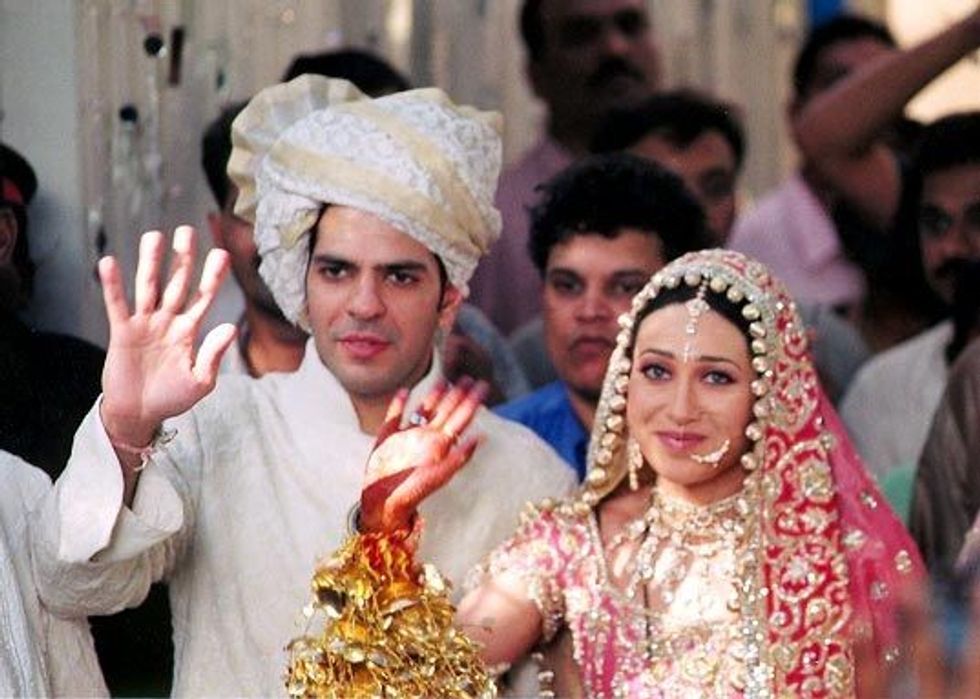 Sunjay Kapur and Karisma KapoorMoney Control
Sunjay Kapur and Karisma KapoorMoney Control
 The real Aurangzeb, the sixth Mughal emperor
The real Aurangzeb, the sixth Mughal emperor Protesters burn a poster of Aurangzeb demanding the removal of his tomb in Nagpur in March
Protesters burn a poster of Aurangzeb demanding the removal of his tomb in Nagpur in March Akshaye Khanna as Aurangzeb
Akshaye Khanna as Aurangzeb Raj Thackeray
Raj Thackeray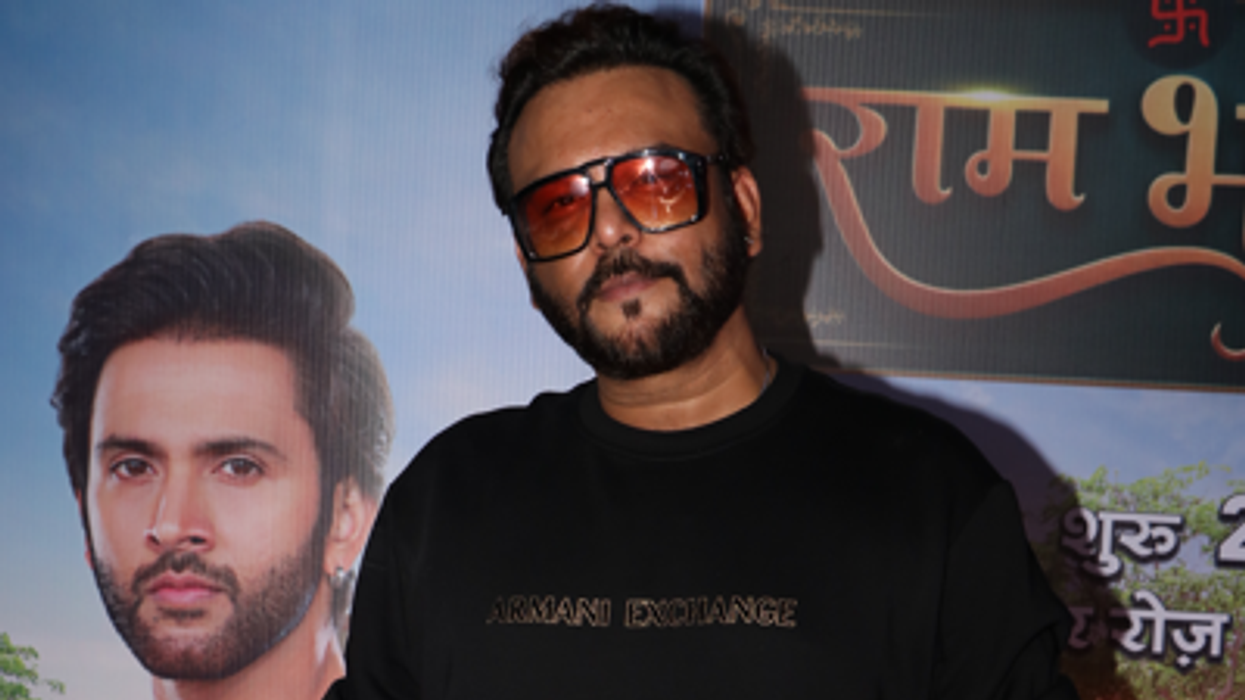
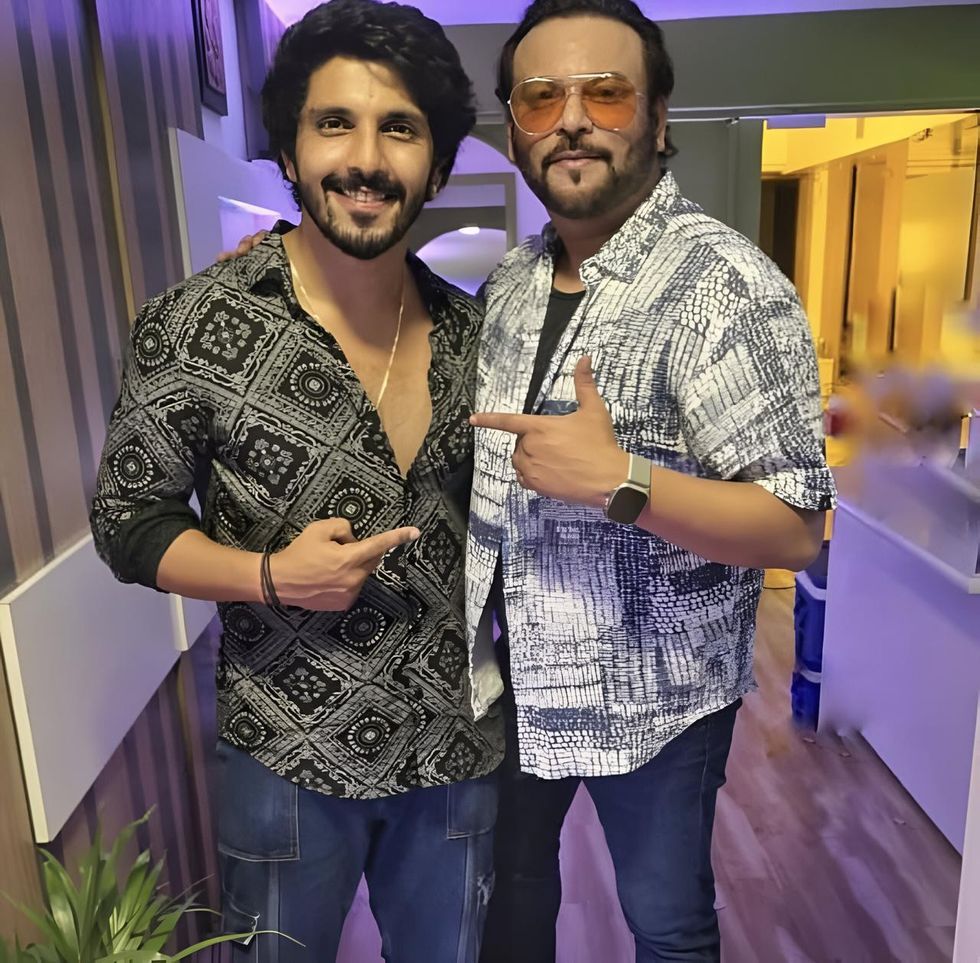 With actor Kanwar Dhillon in 'Ram Bhavan'Instagram/ rahultewary
With actor Kanwar Dhillon in 'Ram Bhavan'Instagram/ rahultewary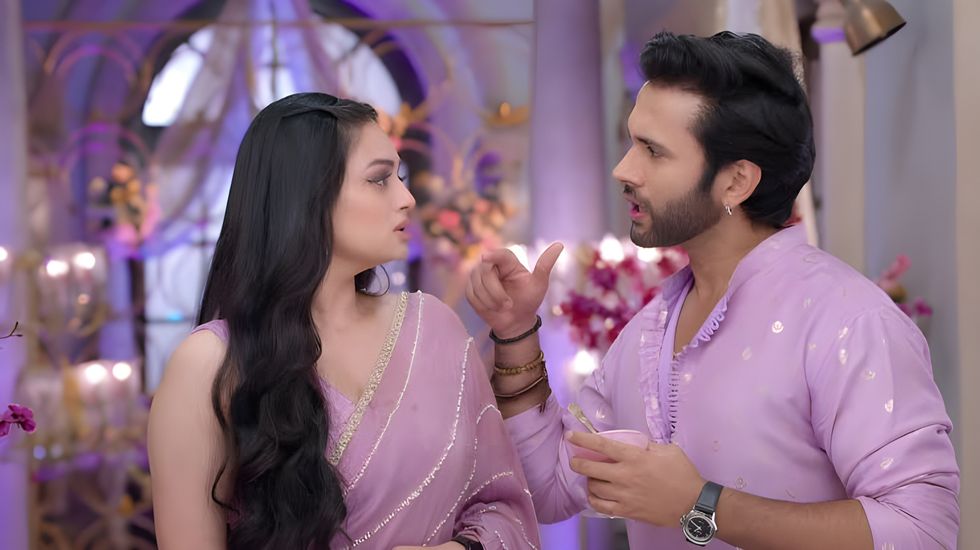 Udne Ki AashaScreen Grab 'Udne Ki Aasha'
Udne Ki AashaScreen Grab 'Udne Ki Aasha'